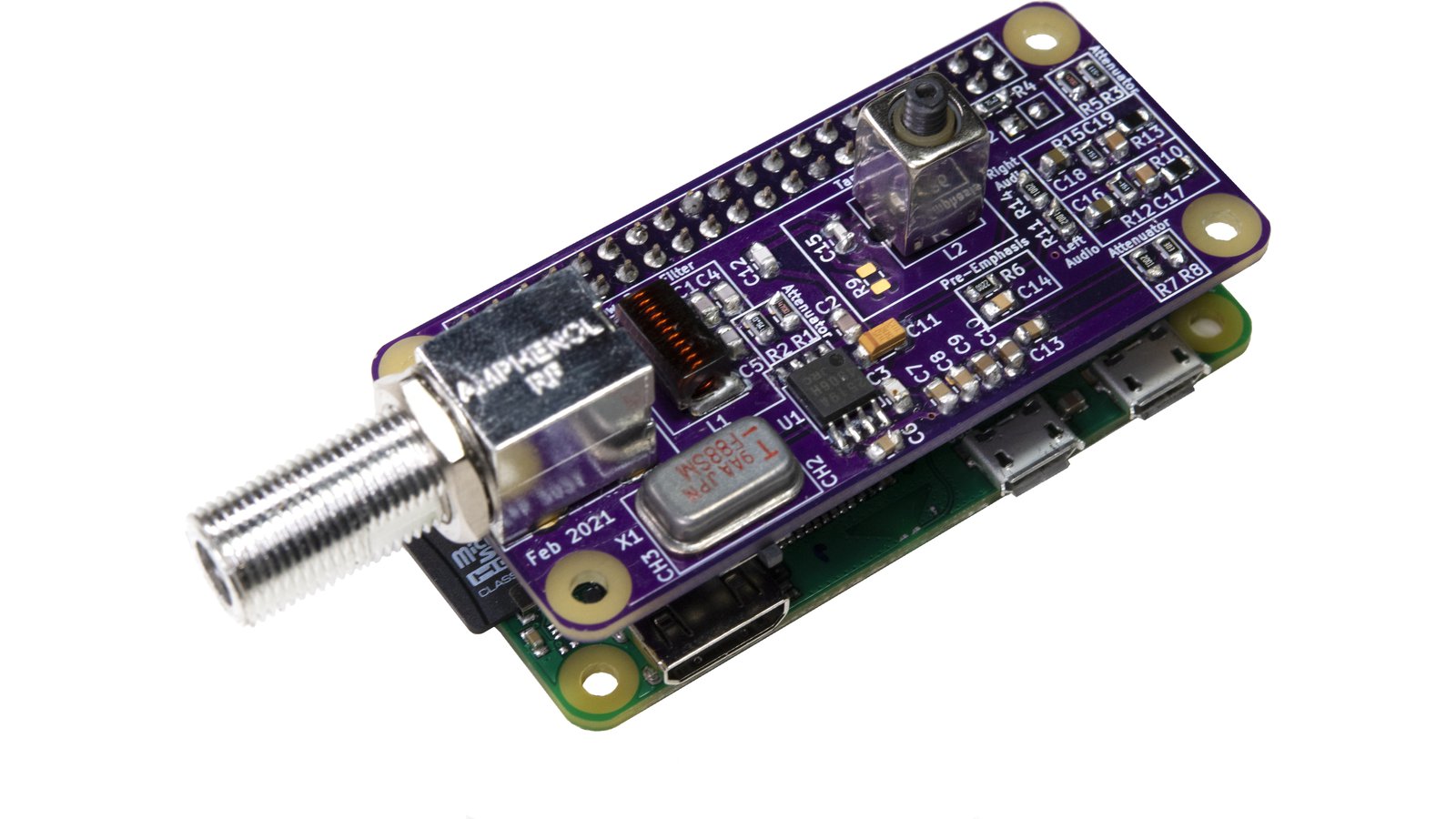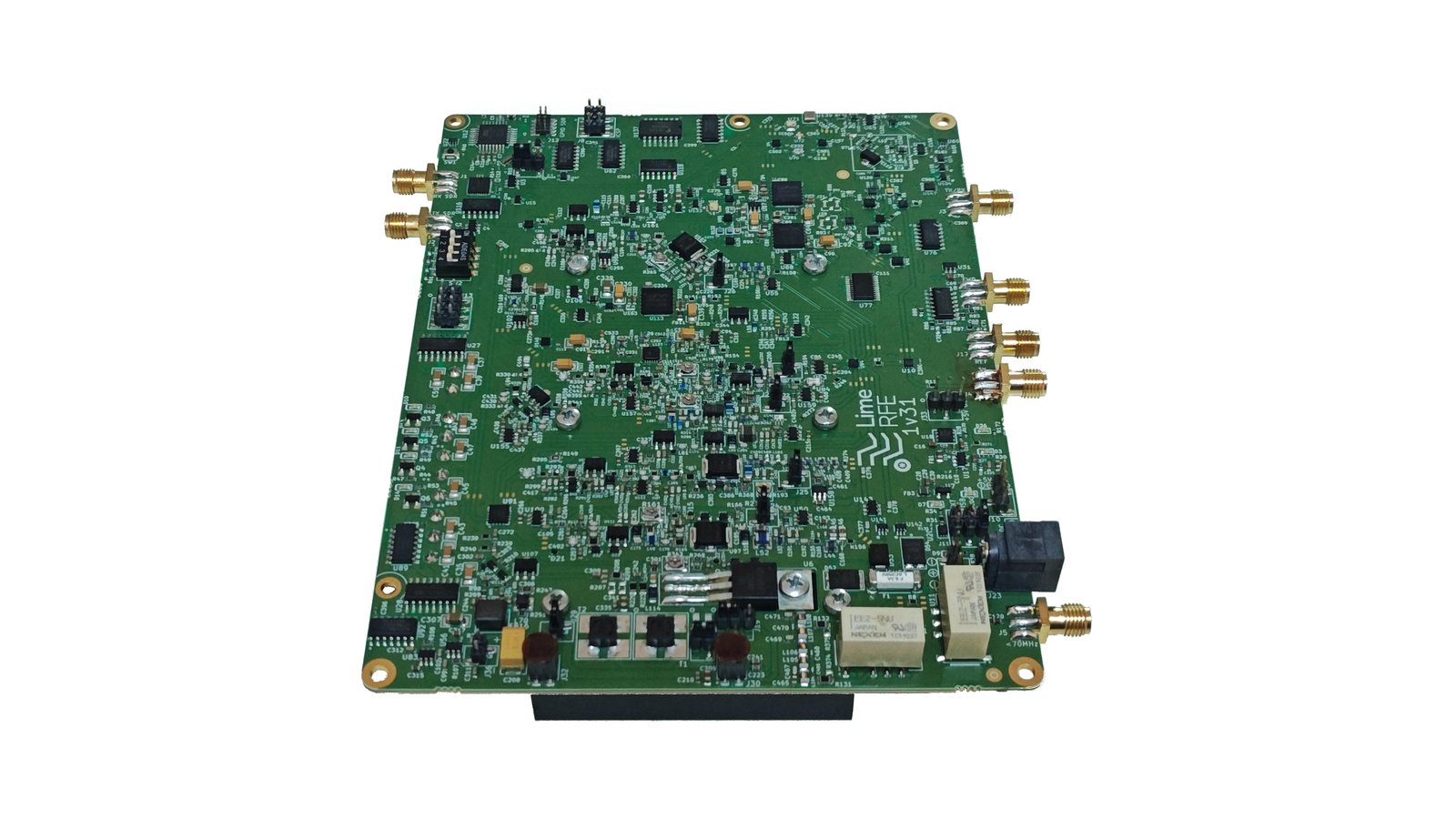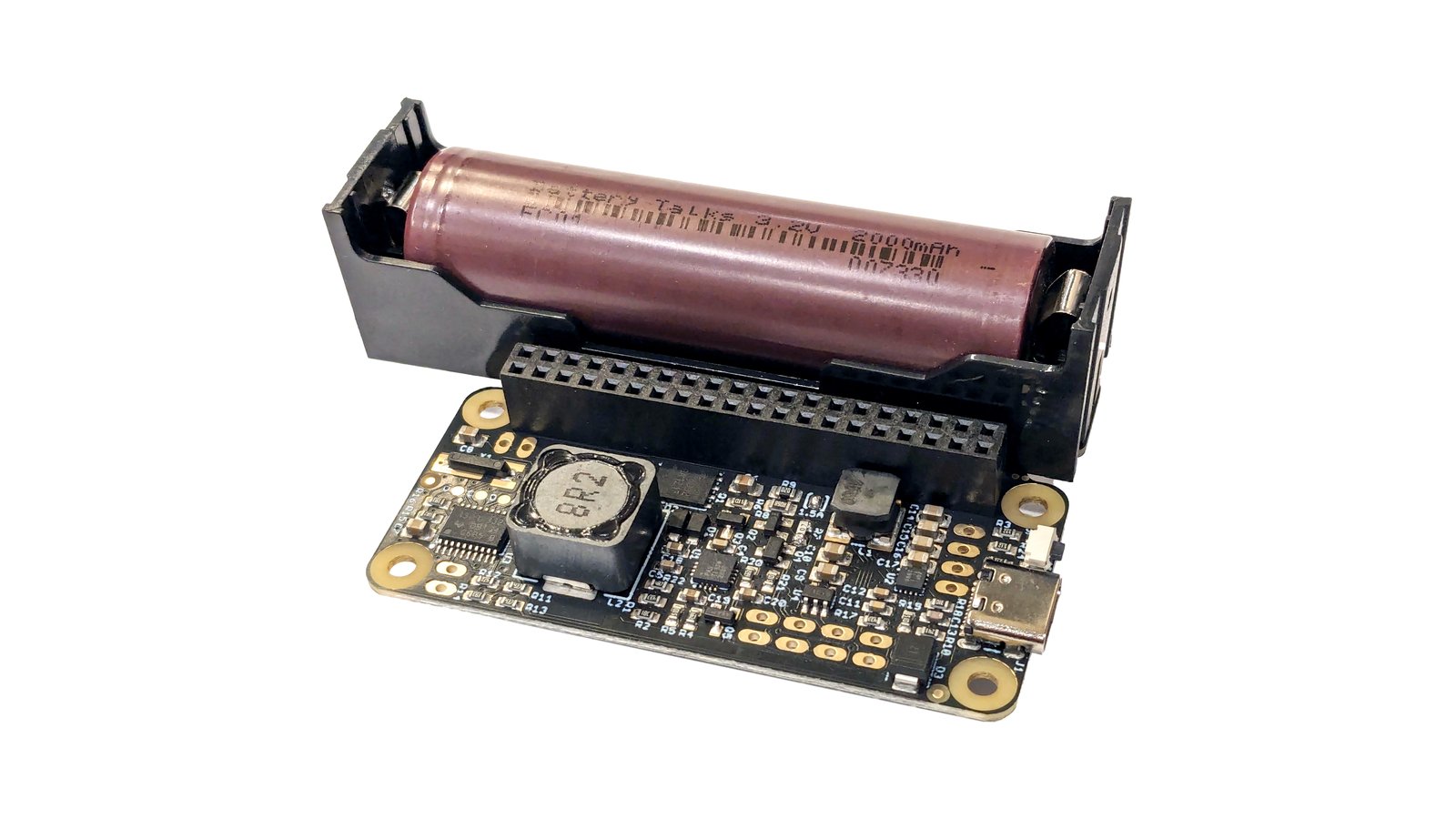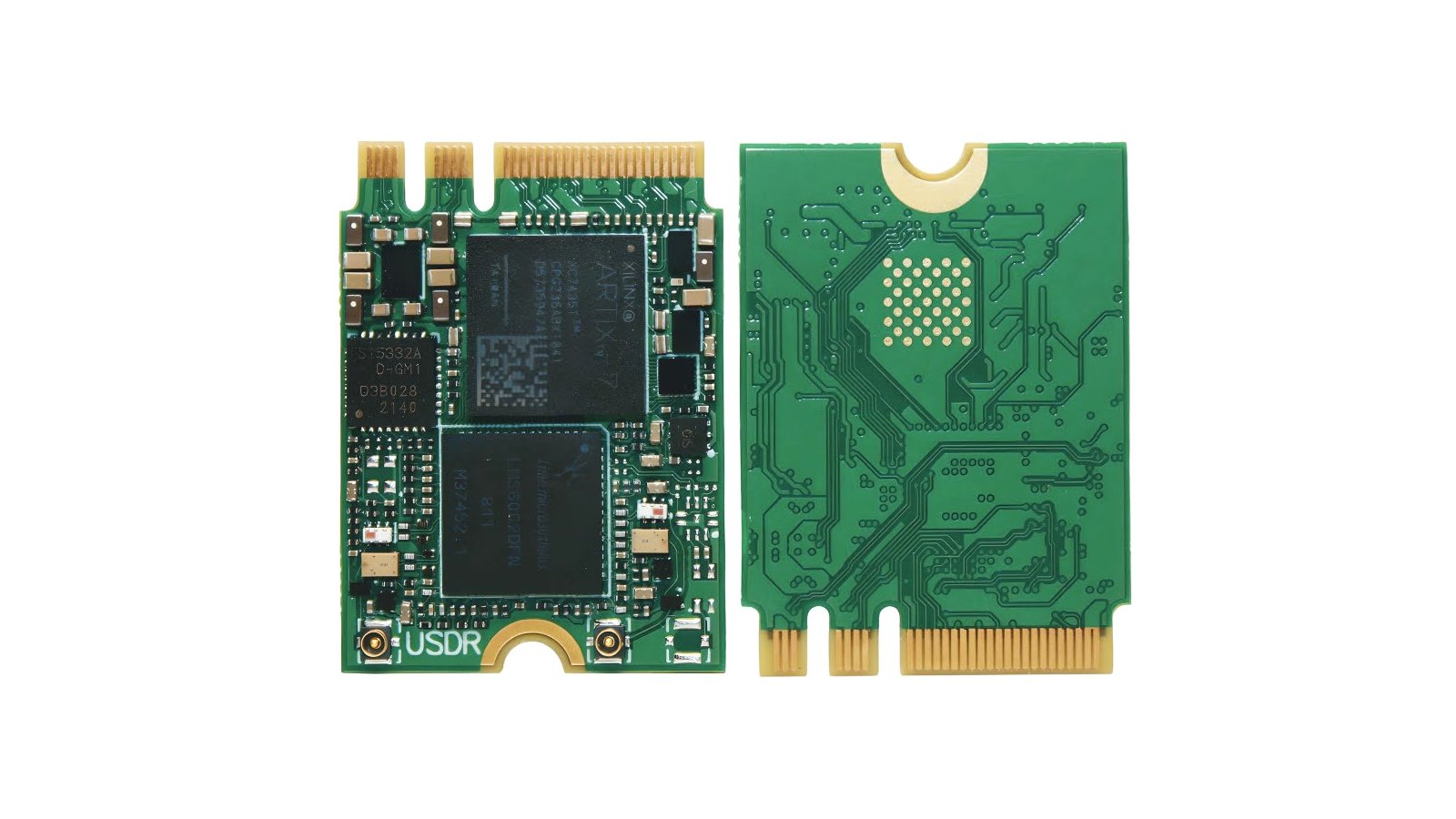PiMod Zero brings old tech back to life by allowing a Raspberry Pi Zero to display color or B&W video – and play audio – on vintage televisions. It provides a super-compact way to watch old movies, play retro games, present digital art, or navigate your operating system using any television that receives standard NTSC broadcasts on VHF channels 2 and 3 (55.25 MHz and 61.25 MHz).
In the past, you would have needed a cumbersome RF modulator box to adapt the HDMI signal from a Pi Zero. Now, with this convenient HAT snapped on top of your Pi Zero, no additional dongles are required. In fact, once the Pi is powered up, the only other cable you need is a piece of coax to connect PiMod Zero to your TV.
Configuring the Raspberry Pi to output composite video and stereo audio to PiMod Zero is extremely simple. Handy scripts and thorough documentation will be available in our GitHub repo.
We’ve heard from a ton of prospective users about their plans for PiMod Zero. Below are just a few of the exciting applications we expect to see cropping up after we ship:
When your PiMod Zero arrives on your doorstep, you’ll open the box to find PiMod Zero (big surprise), hex standoffs and screws so you can mount it to your Raspberry Pi securely, a 2x1 header you can solder onto your Pi, and a sticker. Because who doesn’t like stickers?
You’ll need a length of coaxial cable to connect PiMod Zero to your television. Older TVs have two screw lugs instead of the F-type connector found on more modern TVs. (Those lugs are used to attach the antenna.) Thankfully, there is an easy, affordable way to attach coax to older televisions like this. It’s called a matching transformer, and you can easily find one (on Amazon or elsewhere).
In addition to a cable, you will need a soldering iron to attach the included 2x1 header to the "TV" footprint on your Raspberry Pi Zero.
| PiMod Zero | Composite RF Modulator | HDMI RF Modulator | |
|---|---|---|---|
| Form Factor | Tiny (pHAT) | Bulky Box | Bulky Box |
| External Power Required | No | Yes | Yes |
| Power Requirement | ~ 20 mA | > 500 mA | > 500 mA |
| Audio | Yes | Extra HW Required | Yes |
| Open Source | Yes | No | No |
| Price | $62 | $50-$100 | $75-$500 |
In keeping with the open-source spirit of this project, we designed PiMod Zero using KiCad. All guides, scripts, and design files can be found in our GitHub Repo. And, if you have any questions, please reach out to us using the Ask a technical question link on our campaign page.
As soon as the campaign ends, we’ll kick production into high gear. We’ll place our PCB-fabrication order with one of the board houses from which we’ve received quotes, and we’ll get all components on order. Depending on production volume, we’ll then select one of the CMs we’ve been considering and have the boards and parts sent to them directly so they can begin assembly as quickly as possible.
Once the boards are assembled they will be functionally tested by Isotope Engineering and shipped to Crowd Supply for fulfillment via their logistics partner, Mouser Electronics. Check out this handy guide to ordering, paying, and shipping for more information.
Note: PiMod Zero is not (yet) CE marked, so it will not be available to those of you in Europe. Sorry!
This has been an interesting project to prototype. Most of the hardware that goes into an RF modulator (ICs, inductors, and resonators) were commonplace during the reign of the mighty VCR but have become much more difficult to source since its demise. In order to mitigate supply-chain risks, we have secured quotes from several sources for each hard-to-find component.
We have also received quotes from several PCB assembly houses to ensure that we have backup options in case we run into issues with any one particular manufacturing partner.
PiMod Zero was designed in KiCad and has been extensively tested with high-end instruments.
Produced by Isotope Engineering in Somerville, MA.
Sold and shipped by Crowd Supply.

One PiMod Zero, one solderable 2x1 header, standoffs, and screws

A Software-Definable RF Front End Module for LimeSDR Platforms

A full-featured LiFePO4 battery, power manager, and UPS for the Raspberry Pi

A tiny, single-sided M.2 SDR board that you can operate easily using your web browser